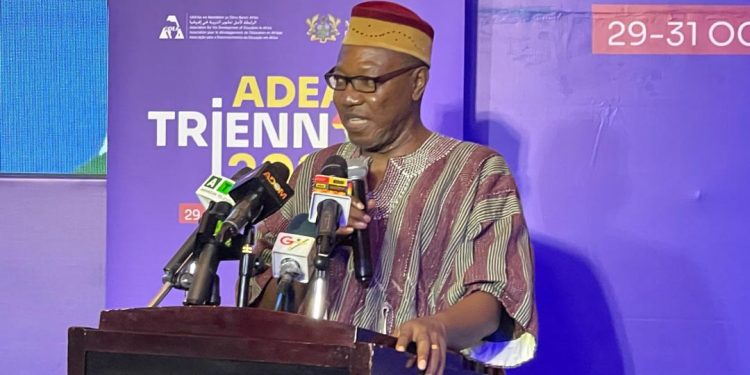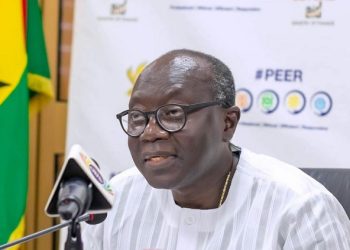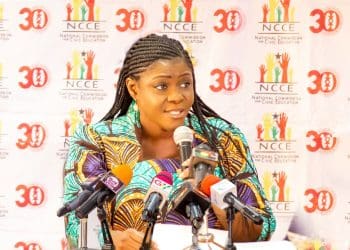The Deputy Minister of Education, Dr Clement Apaak, has indicated that the government, through the Ministry of Education, is going to focus on investing in childhood education as the key to unlocking the prospects of the country.
Speaking at the closing ceremony of the Association for the Development of Education in Africa (ADEA) Triennale in Accra on Friday, Dr Apaak said “You cannot pretend to be building on a weak foundation. It will surely collapse. Investing in early childhood education came up very strongly. Foundational learning is an area that the government, through the Ministry, is taking very seriously.”
He noted that investing in foundational learning is a good move, making it easier and more cost-effective to deal with learners at the basic levels than it is to wait for them to grow up before making investments in their education.
This will ensure that they have a better grasp of literacy and numeracy, but also socio-cultural education and values.
He also indicated that the Ministry has the encouragement and the policy direction of the Presidency and various education stakeholders to incorporate Artificial Intelligence (AI) into the education system.
He noted that although this attempt at digital literacy has started, the example from other nations shows that Ghana needs to increase the uptake by learning from other countries on the continent.
“AI is now the talk of the town. How ready are we? That is another area that we as a nation are making strenuous efforts to deploy these tools, not just for the learner, but also the teacher.”
He, however, noted that the government is being careful about how it will roll this out to prevent any negative outcomes.
Dr Apaak reiterated the earlier position of the Education Minister, Haruna Iddrissu, that children at the basic level will be instructed in a language that is familiar to them.
This, he insisted, is backed by research, with anecdotal evidence from other countries showing that it is easier for these children to grasp concepts taught to them in languages they are already familiar with.
He, however, said this will not be an exclusive policy that completely removes the use of English as a medium of instruction.
According to him, “the two languages can coexist.”
The Deputy Minister, however, acknowledged that there has been a failure to train enough teachers with proficiency in the local languages to deploy them to places where their services will be properly utilised.
The Executive Secretary of ADEA, Albert Nsengiyumva, in his remarks to the press, stressed the need for education retention even as African countries pursue educational outcomes.
He put it simply, “even as we pursue education outcomes, everyone who must be in school should be in school.”
He noted that the three-day conference had afforded participating countries a transparent platform to identify the gaps that exist in their various education systems and also identify solutions.
Nsengiyumva stated that many of the problems identified are common among countries on the continent.
He urged Ghana, as the host nation, to participate in the Foundational Learning Initiative for Government-led Transformation (FLIGHT), a technical tool that aims to provide technical support in pedagogy on the continent.
He also advised countries to learn from one another and find new ways of financing education on the continent, especially with dwindling international donor funds.
He also advised governments to make more efficient use of the resources that are already available to them.
Again, Nsengiyumva called for a more consolidated approach to education policy advocacy.
He said the only way is for African countries to speak with one voice on issues that affect education on the continent.
Finally, the Executive Secretary advised African governments to adopt policies that focus on improving Technical and Vocational Education and Training (TVET) on the continent.
He noted that although there is a clamour for university education, an assessment of the job market shows that it would be better for students to go into skills training and vocational courses than to pursue the theoretical courses which seem to be the prevailing trend.











